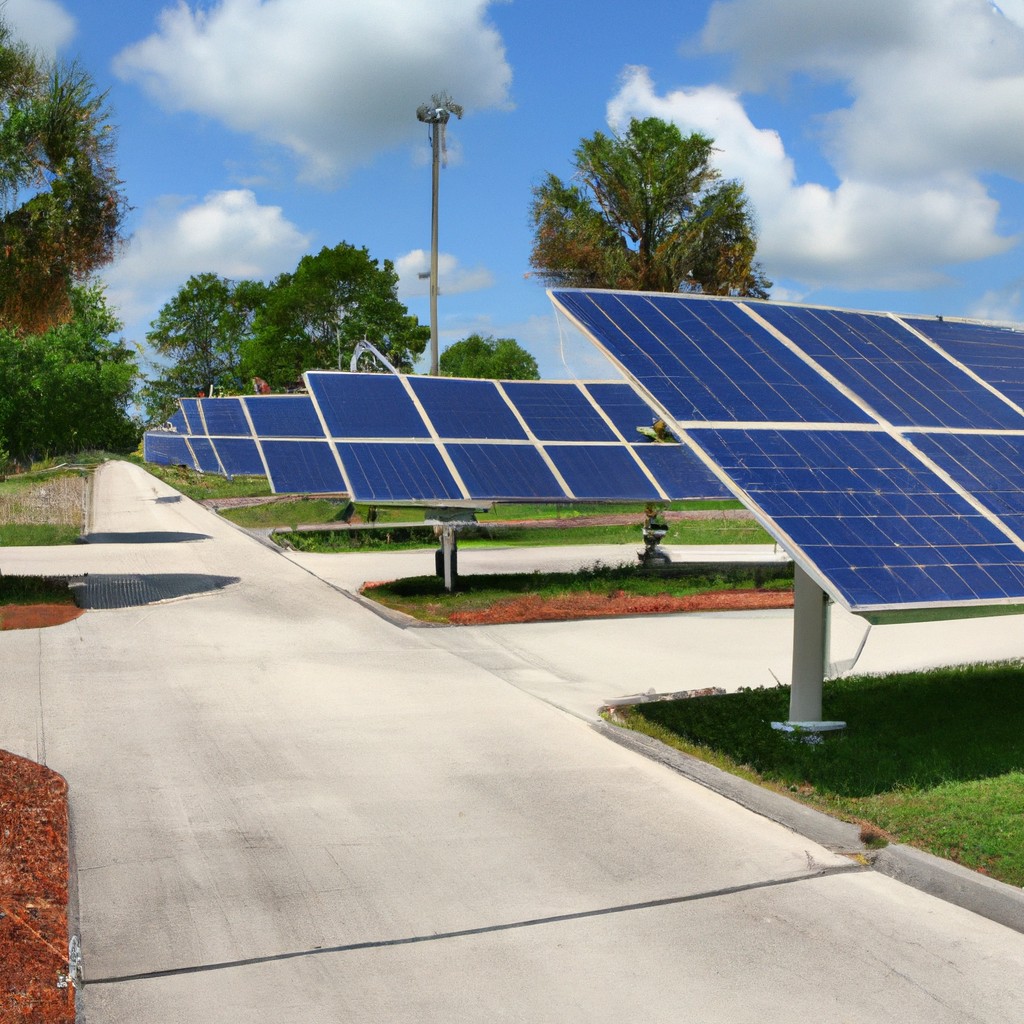This article provides clear information on the costs associated with solar panels in Florida, including factors that influence pricing and available incentives.
Key takeaways:
- Solar installation costs in Florida are influenced by factors like system size and type of panels.
- Florida offers incentives like net metering and property tax exemptions for solar panel installations.
- Payment options for solar panels in Florida include outright purchases, loans, leasing, and power purchase agreements.
- Benefits of solar power in Florida include energy bill reduction, increased property value, and environmental impact.
- Solar panels in Florida typically last 25-30 years with warranties covering defects and environmental issues.
Cost Factors for Solar Installations in Florida

The price of solar installations in Florida is influenced by several key factors. System size is a primary determinant; larger installations require more panels and consequently a greater investment. The type of solar panels chosen also affects costs, with higher efficiency panels generally carrying a premium. Installation complexity, which incorporates roof condition, angle, and accessibility, can also drive prices up or down.
Labor costs in Florida may vary according to the skill level of the installers and the scale of the company providing installation services. Geography plays a role, too, as homes located in areas with higher labor rates or more stringent installation regulations might face increased costs.
Finally, the current market price for solar components fluctuates due to supply and demand dynamics, impacting the overall cost. Potential buyers should consider all these elements when evaluating the financial commitment of installing solar panels in Florida.
Solar Incentives in Florida
Florida offers a variety of incentives that can significantly reduce the cost of solar panel installations. The state’s net metering policy permits residential customers to receive credit for excess energy produced by their solar systems, offsetting the costs of power used from the grid. Additionally, there is a property tax exemption on the added value of a home due to the solar system installation, ensuring homeowners are not penalized for enhancing the value of their property with solar energy.
On a federal level, Floridians can also take advantage of the Solar Investment Tax Credit (ITC), which allows for a sizable deduction of the solar installation costs from federal taxes. This incentive has been extended and can be claimed at 26% for systems installed through the end of 2022, stepping down to 22% in 2023. However, it is essential to confirm current rates as incentives may change.
Local utilities and municipalities sometimes offer additional rebates or incentives, so homeowners are advised to check for localized programs that could further reduce upfront costs. It’s beneficial to research and compile possible incentives early in the planning process to maximize savings.
Payment Options for Solar Panels in Florida
Homeowners interested in solar power can choose from several payment options to fit their financial situations. Outright purchases of solar panel systems are possible for those with the necessary funds, providing immediate ownership and the benefits that come with it, such as increased home value and full access to available tax credits and incentives.
For those preferring to avoid the large upfront cost, solar loans are available. These loans allow the homeowner to finance the purchase and installation of the panels and pay back the amount over time, often with competitive interest rates.
Leasing is another viable route. In this scenario, a third-party company owns the solar panel system while the homeowner pays a fixed monthly rate, reducing electricity costs without the responsibility of ownership.
Similarly, Power Purchase Agreements (PPAs) enable homeowners to have solar panels installed at a minimal or no initial cost, paying the solar company for the power generated at a rate typically lower than the local utility’s price.
Each payment method offers its own balance of costs, benefits, and responsibilities, providing flexible choices for individuals looking to transition to solar energy in Florida.
Benefits of Solar Power in Florida
Harnessing Florida’s abundant sunshine translates to notable perks for homeowners and businesses opting for solar power:
- Energy Bill Reduction: Solar panels significantly cut electricity costs by producing free power from the sun.
- Increased Property Value: Solar installations often boost home values, ensuring a return on investment.
- Environmental Impact: By using clean energy, solar panel users contribute to reducing carbon emissions and dependence on fossil fuels.
- Energy Independence: Solar power allows for less reliance on the grid, providing energy security during outages.
These advantages align with Florida’s climate and energy consumption patterns, making solar an increasingly appealing option.
Solar Panel Longevity and Warranties in Florida
Solar panels are a durable investment, typically enduring 25 to 30 years. In Florida’s climate, exposure to salt air and hurricanes may introduce additional wear, but high-quality panels are designed to withstand such conditions. Manufacturers often include performance guarantees, ensuring a certain energy production level over the years. For instance, it’s common for a company to guarantee 80% efficiency after 25 years.
Furthermore, product warranties cover defects and environmental issues for about 10 to 12 years. Extended warranties might be available for purchase, providing additional peace of mind. It’s important to note that inverter warranties, which are crucial to the solar system’s operation, may have shorter coverage periods, usually around 10 to 15 years.
Regular maintenance can also play a role in extending your solar system’s life. Ensuring panels are free from debris and having professional inspections can help optimize performance over time. In Florida, many local installers offer maintenance services, taking into account the state-specific conditions that might affect solar panel longevity.
For homeowners in Florida, understanding these warranties and maintenance requirements is crucial when selecting a solar installation, ensuring an enduring and efficient solar energy system that provides maximum power output and return on investment.




